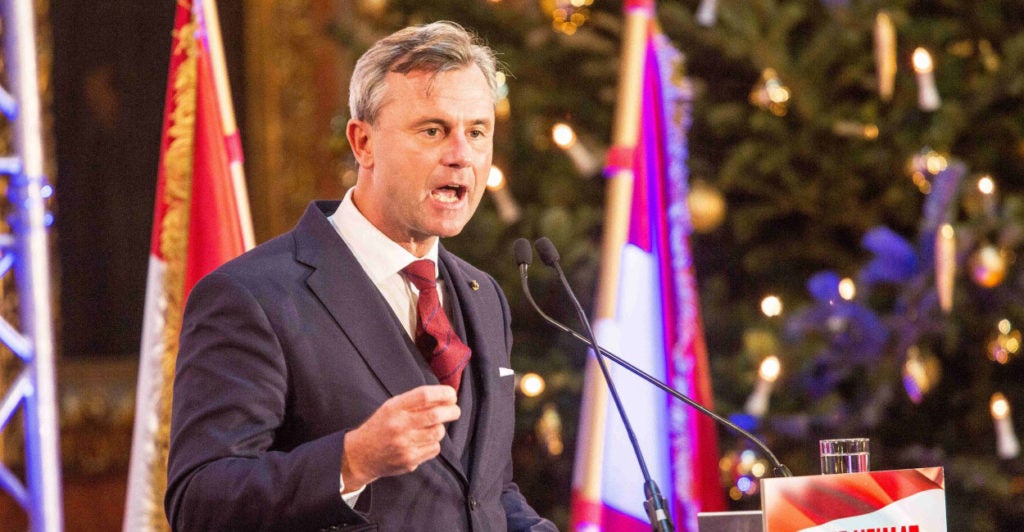On Dec. 4, Austria will have its presidential election.
After problems ranging from election annulment to faulty glue on mail-in ballots, the newly scheduled, second round of votes will decide the future Austrian head of state. The results may have implications for the future of Austria, and may echo political changes happening across the continent.
The Austrian people voted in a general election on April 24, from a field of six candidates. The two oldest parties, the SPÖ (Social Democrats) and the ÖVP (Christian Democrats) failed to win a place in the runoff election, placing fourth and fifth, respectively, a previously unprecedented result.
The following runoff election included the two top place candidates—Norbert Hofer, a 45-year-old aeronautical engineer for the populist FPÖ (Freedom Party of Austria), and Alexander Van der Bellen, a 72-year-old economist, and Independent affiliated with the leftist Green Party.
The results of the last runoff were 49.7 percent FPÖ to 50.3 percent Independent/Green, a difference of only 30,000 votes.
The election results were contested by Heinz-Christian Strache, the chairman of the FPÖ. The accusations were improper handling of mail-in votes, underage voting, and noncitizen voting.
After lengthy review by the country’s constitutional court, the election results were annulled, and a new election was penned for Oct. 4.
The campaign continued until a concerned voter reported that the glue on her mail-in ballot was once again not working correctly. The problem was soon discovered to be widespread, and the government postponed the already annulled election to Dec. 4 in order to issue new mail-in ballots.
Although the office of president is a mostly ceremonial figurehead position in Austria, the election has farther reaching implications for Austrian politics, should a new president decide to call early parliamentary elections.
Austria has faced enormous challenges from the migrant crisis. According to Deutsche Welle, Austria accepted 90,000 asylum applicants in 2015, placing economic and social strains on the nation. Hofer has run in part on a platform based on stopping the flow of migrants into Austria.
Hofer’s Freedom Party of Austria is just one of a few populist parties on both the far right and the far left, including the National Front in France, Party for Freedom in the Netherlands, and Syriza in Greece that have achieved an uptick in support in recent years.
Continuing European Union integration, the migrant crisis, and support from Russia have all played a part in the rise of populist parties in Europe. The implications of this change may only be beginning to come to light.
